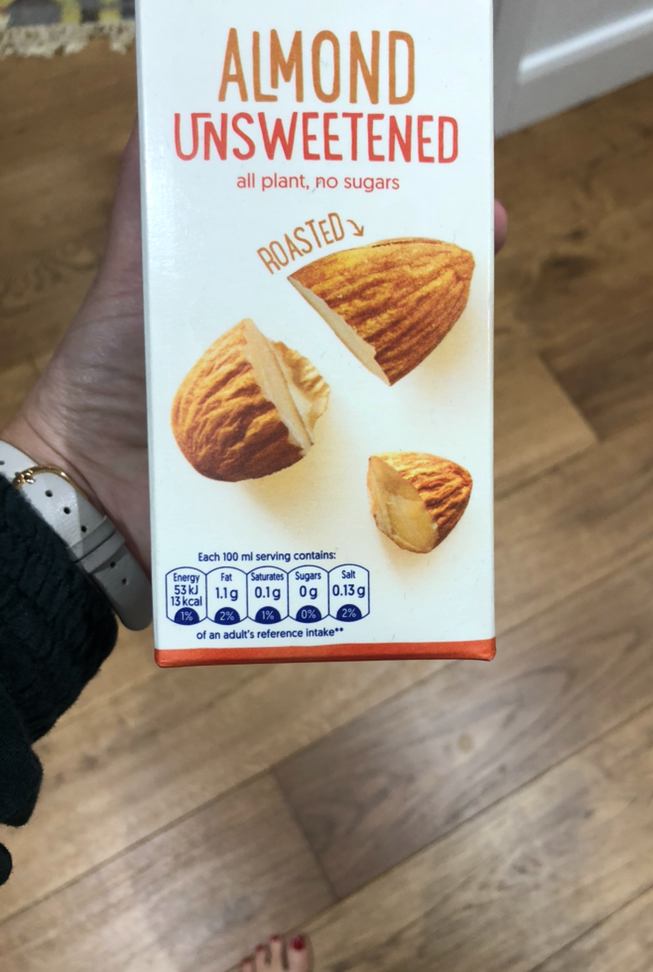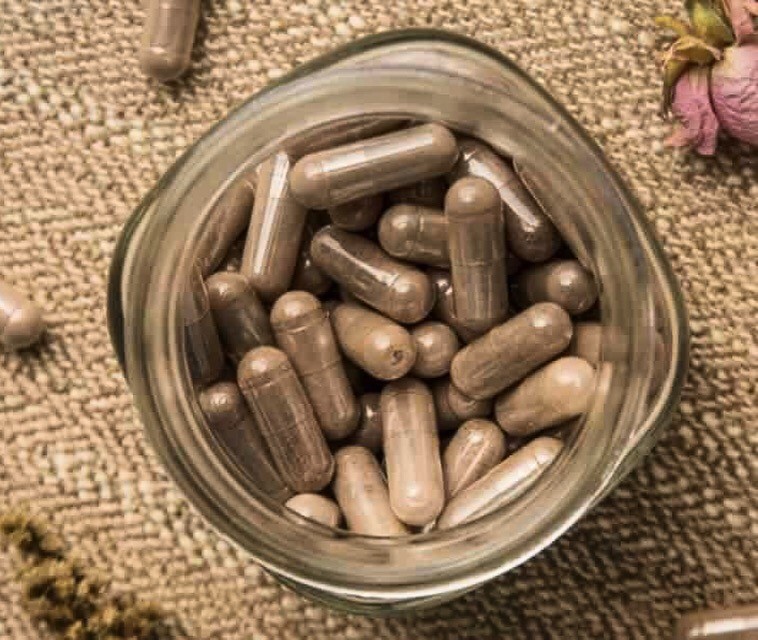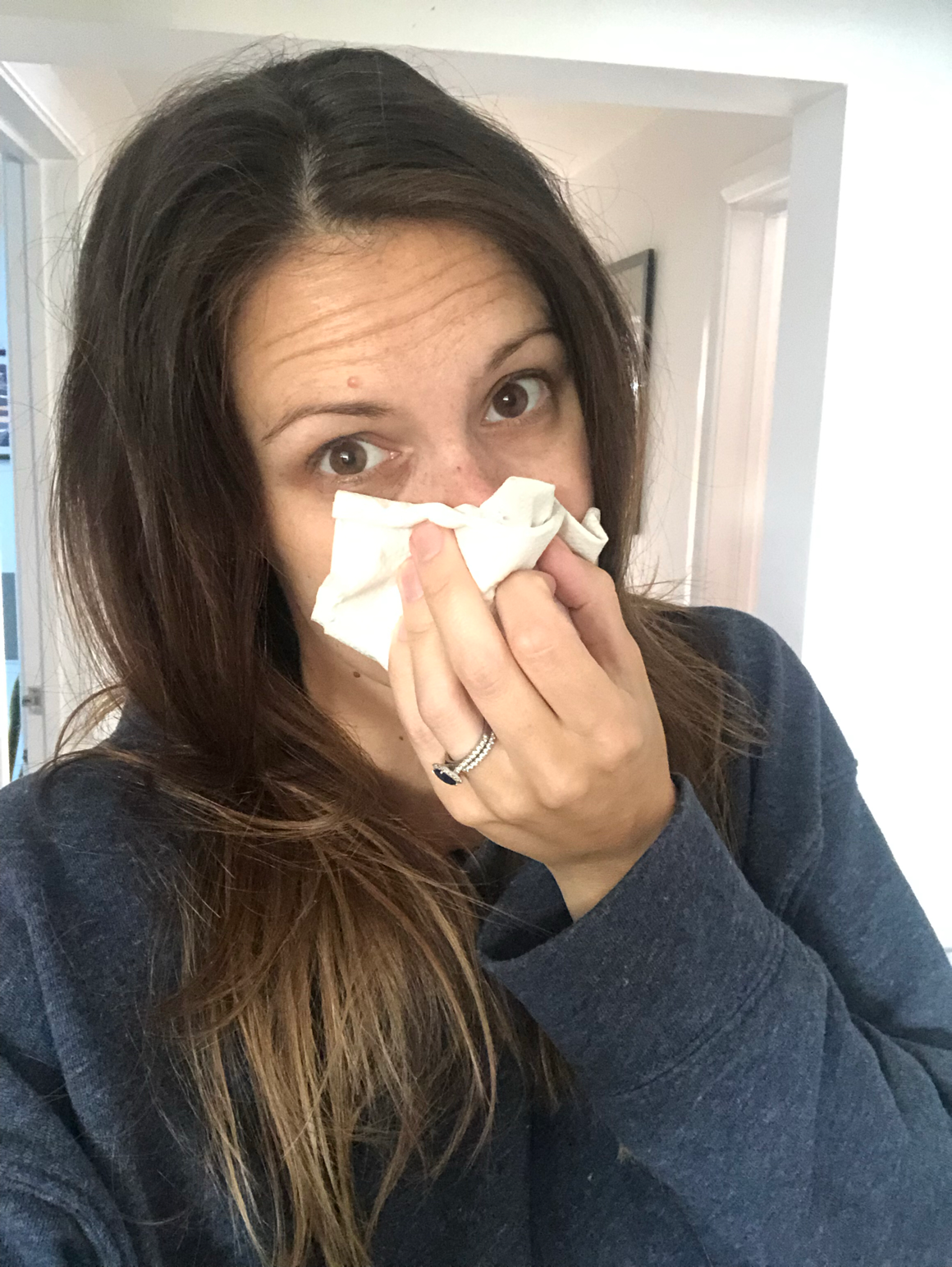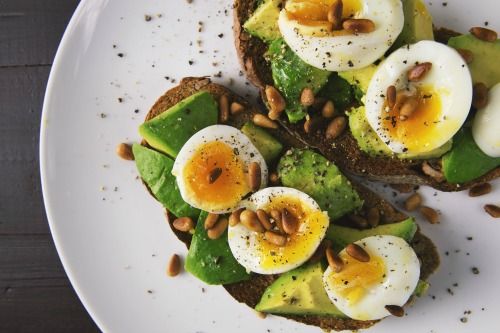
Did you know that as humans our main source of iodine comes from cows milk. And that organic cows milk actually has a lower iodine concentration by around a third. Especially important throughout pregnancy for foetal brain development but also for the general population too. So when we make the switch to a plant based alternative, that’s one micronutrient we are actively removing from our diet. A lot of the time unknowingly.
Some brands will add iodine in, but even some of the most well-known don’t. This isn’t law in the UK so it’s completely their decision if they want to add it in or not. Cost comes to mind?
Marksandspencer and Oatly both add iodine to their standard plant milks, and Alpro do to their soy original only. Double check the label for piece of mind. Does it contain iodine? It will say on the nutrition panel. If it doesn’t then look for another one.
Supplements
If you are adopting a vegan diet then unless you are consuming fortified drinks or other fortified foods you may need a supplement. It should be in the form of potassium iodide or potassium iodate. The UK adult recommendation is 150mcg/day and your supplement should not exceed this amount.
Food sources
Seaweed is also good source, so sushi or those seaweed sheets you can get for snacks are great. However, they don’t need to be consumed every single day as their iodine content varies considerably. There are also some seaweed/kelp iodine supplements on the market however it is not advisable to take these due to the point mentioned above.
Other food sources are white fish like cod or haddock and eggs. Or if you can consume a mixture of dairy and plant drinks that’s a good option too.
If in any doubt a blood test from your GP will be able to detect your current levels
Further reading
And if you would like some further reading, there was a review published in 2017 by Sarah Bath et al “Iodine concentration of milk-alternative drinks available in the UK in comparison to cows’ milk”
It’s just useful to remember this will be ever changing as manufacturers change their recipes so best to check the label.




Recent Comments